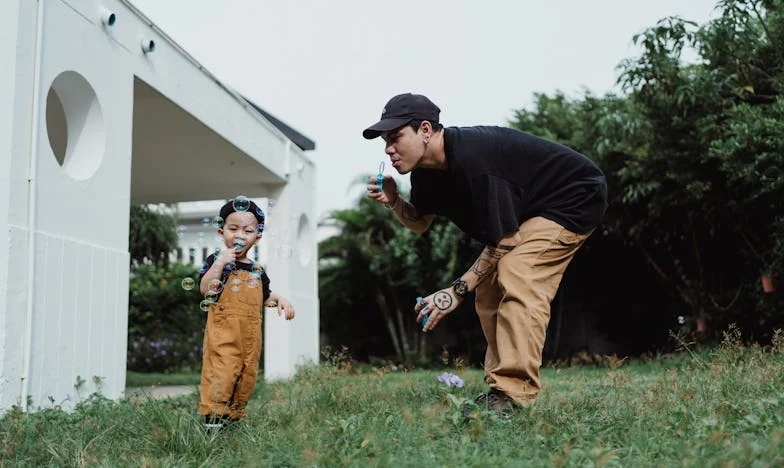Navigating the Minefield of Child Swearing: Strategies for Parents
Navigating the Minefield of Child Swearing: Strategies for Parents
It’s a scenario many parents dread: your sweet, angelic child suddenly utters a word that stops you in your tracks. Whether it’s a swear word picked up from the playground or an unkind phrase learned from a sibling, dealing with inappropriate language is a challenge most families will face. This article, drawing on real-life examples involving children named Oliver, Jackson, Adam, Jasmine, Kylie, and Hailey, offers practical advice on how to handle these situations with grace and effectiveness.
Understanding the Why
Before diving into strategies, it’s crucial to understand why children swear or use unkind words. Often, it’s a matter of imitation; children mimic what they hear around them, whether from parents, older siblings, or media. For example, Oliver, aged 5, started using a swear word he heard in a movie his older brother was watching. In other cases, children like Jasmine, aged 7, use unkind words out of frustration or anger, not fully understanding their impact.
Strategies for Parents
1. Stay Calm: Your reaction sets the tone. When Adam, aged 6, called his sister Kylie a “stupid head” out of anger, their mother took a deep breath before responding. This calm approach helps prevent escalating the situation.
2. Set Clear Expectations: It’s important to establish family rules regarding language. After Jackson, aged 8, used a swear word at dinner, his parents sat down with him to discuss why certain words are unacceptable in their family.
3. Teach Empathy: Helping children understand the impact of their words is crucial. Hailey, aged 9, didn’t realize calling a classmate “ugly” could hurt so deeply until her parents explained how words can affect others’ feelings.
4. Encourage Expression: Encourage children to express their feelings in appropriate ways. When Kylie felt frustrated, her parents taught her to use phrases like “I’m upset because…” instead of lashing out with unkind words.
5. Lead by Example: Children are keen observers. If parents use swear words or unkind language, it’s likely their children will too. Making a conscious effort to model respectful communication can have a significant impact.
6. Use Consequences Appropriately: If swearing or unkind language continues, it may be necessary to implement consequences. For example, when Oliver repeatedly used a swear word, his parents decided that he would lose screen time for the day. The key is ensuring the consequence is related and reasonable.
7. Praise Positive Behavior: Recognize and praise your child when they express themselves in respectful and kind ways. Positive reinforcement can be a powerful motivator for children.
Conclusion
Addressing swearing and unkind language in children is a common parenting challenge. By understanding the reasons behind this behavior and implementing strategies such as setting clear expectations, teaching empathy, and leading by example, parents can guide their children towards more respectful communication. Remember, every child, whether it’s Oliver, Jasmine, or Hailey, can learn to express themselves in positive ways with the right support and guidance.
By approaching child swearing and unkind words with empathy, understanding, and clear strategies, parents can navigate these challenging moments, fostering an environment of respect and open communication within the family.
